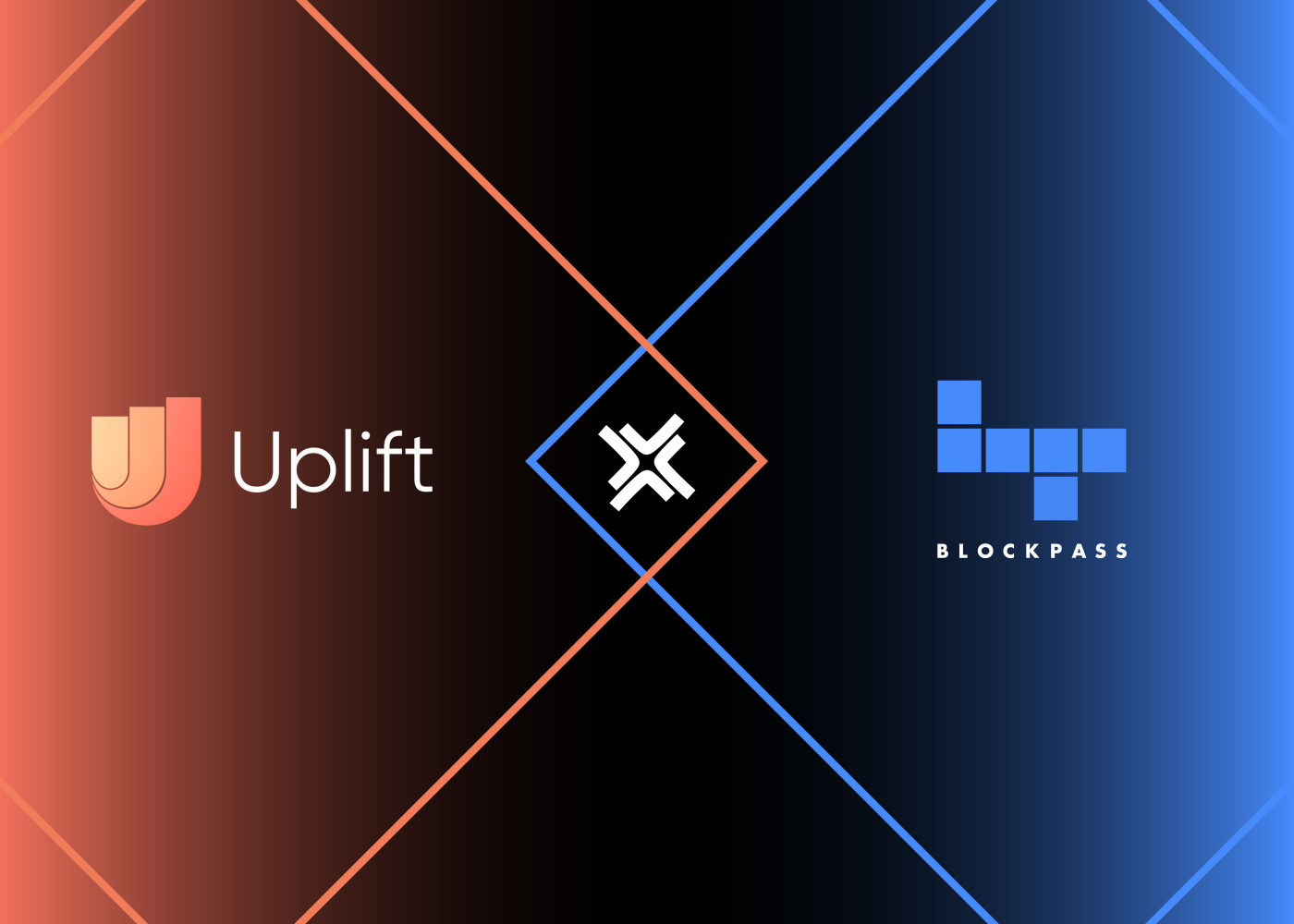
In the evolving landscape of Web3, efficient and privacy-preserving digital identity solutions are no longer optional, they are foundational. The proliferation of decentralized applications (dApps) and blockchain-based financial services demands a new paradigm for identity verification: one that prioritizes user control, regulatory compliance, and seamless interoperability. idOS emerges as a critical infrastructure in this domain, introducing reusable KYC and portable digital identities that empower users while streamlining onboarding for platforms across the decentralized ecosystem.

Why Reusable KYC is a Game-Changer for Web3
The traditional Know Your Customer (KYC) process is notoriously cumbersome. Each time a user wants to access a new platform, whether it’s a DeFi protocol, NFT marketplace, or neobank, they are typically required to submit sensitive personal documents and undergo time-consuming verification steps. This not only creates friction but also exposes users to increased privacy risks as their data is scattered across multiple centralized databases.
idOS addresses these pain points by enabling users to verify their identity once and reuse those credentials everywhere within its network. This is achieved through two core mechanisms:
- Passporting: If you have already completed KYC with one AML-obliged entity (such as an exchange or wallet provider), other compliant platforms can accept this verification without repeating the process. This model leverages existing Customer Due Diligence (CDD) checks, reducing redundancy and accelerating onboarding.
- Data Ingestion: In cases where passporting isn’t possible due to regulatory or jurisdictional constraints, idOS allows users to share a credentialed data package directly with new platforms. While some additional checks may be required by the data consumer, this approach still minimizes repetitive data entry for users.
This dual approach ensures that idOS reusable KYC works flexibly across jurisdictions and compliance regimes, a crucial advancement for global Web3 adoption.
The Power of Portable Digital Identity Across Chains
The concept of portable digital identity in Web3 goes beyond onboarding efficiency. At its core, idOS enables self-custodial storage of personal data, users retain sovereignty over their identity information at all times. Instead of relying on centralized servers prone to breaches or misuse, idOS distributes encrypted user data across a decentralized network of nodes. Access is always permissioned by the user, aligning with privacy-first principles and GDPR requirements.
This architecture empowers individuals to authenticate themselves using advanced tools such as decentralized biometrics (e. g. , FaceSign), facilitating secure login and recovery without exposing underlying credentials. As more dApps integrate idOS, users can move fluidly between platforms, signing transactions or accessing services with confidence that their verified status will be recognized wherever they go.
Key Benefits of idOS for Users and Developers
-
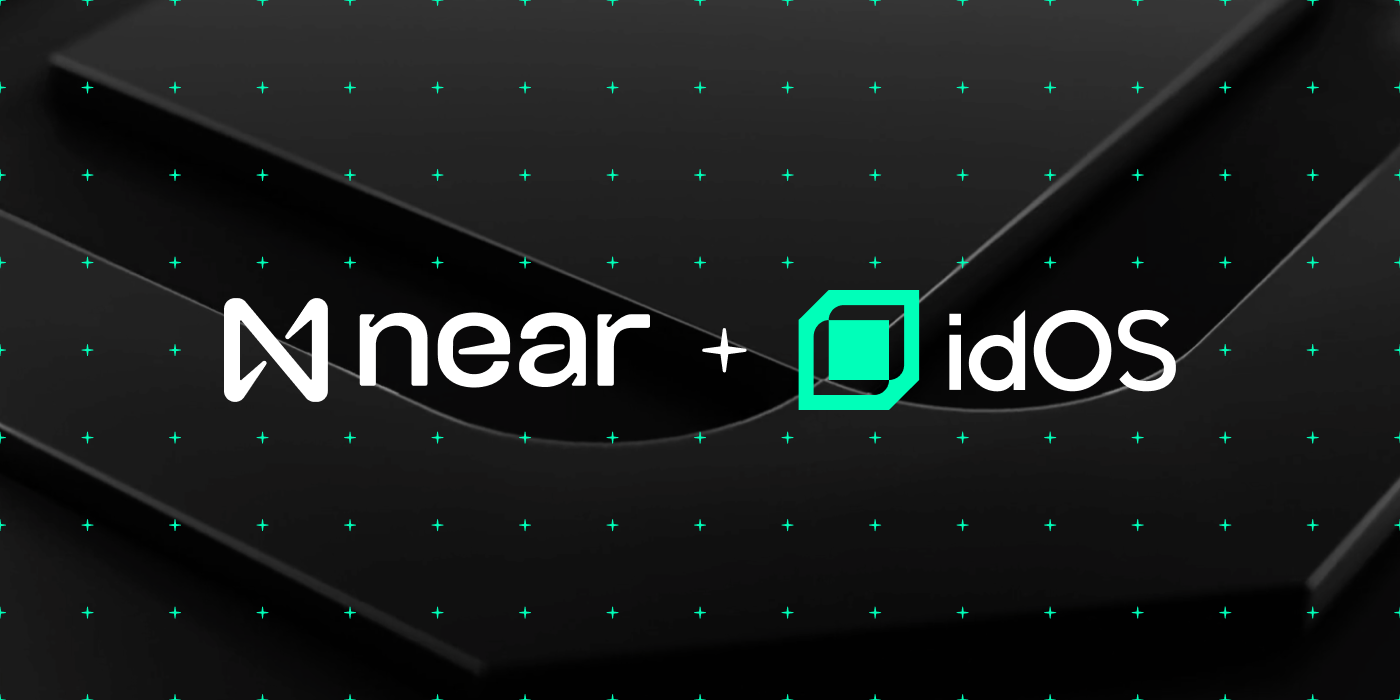
Reusable KYC Across Platforms: Users complete KYC verification once and can reuse their credentials across multiple dApps and services, eliminating repetitive onboarding processes.
-

Portable, Self-Custodial Digital Identity: idOS empowers individuals with full control over their identity data, stored securely in a decentralized network and accessible across the Web3 ecosystem.
-
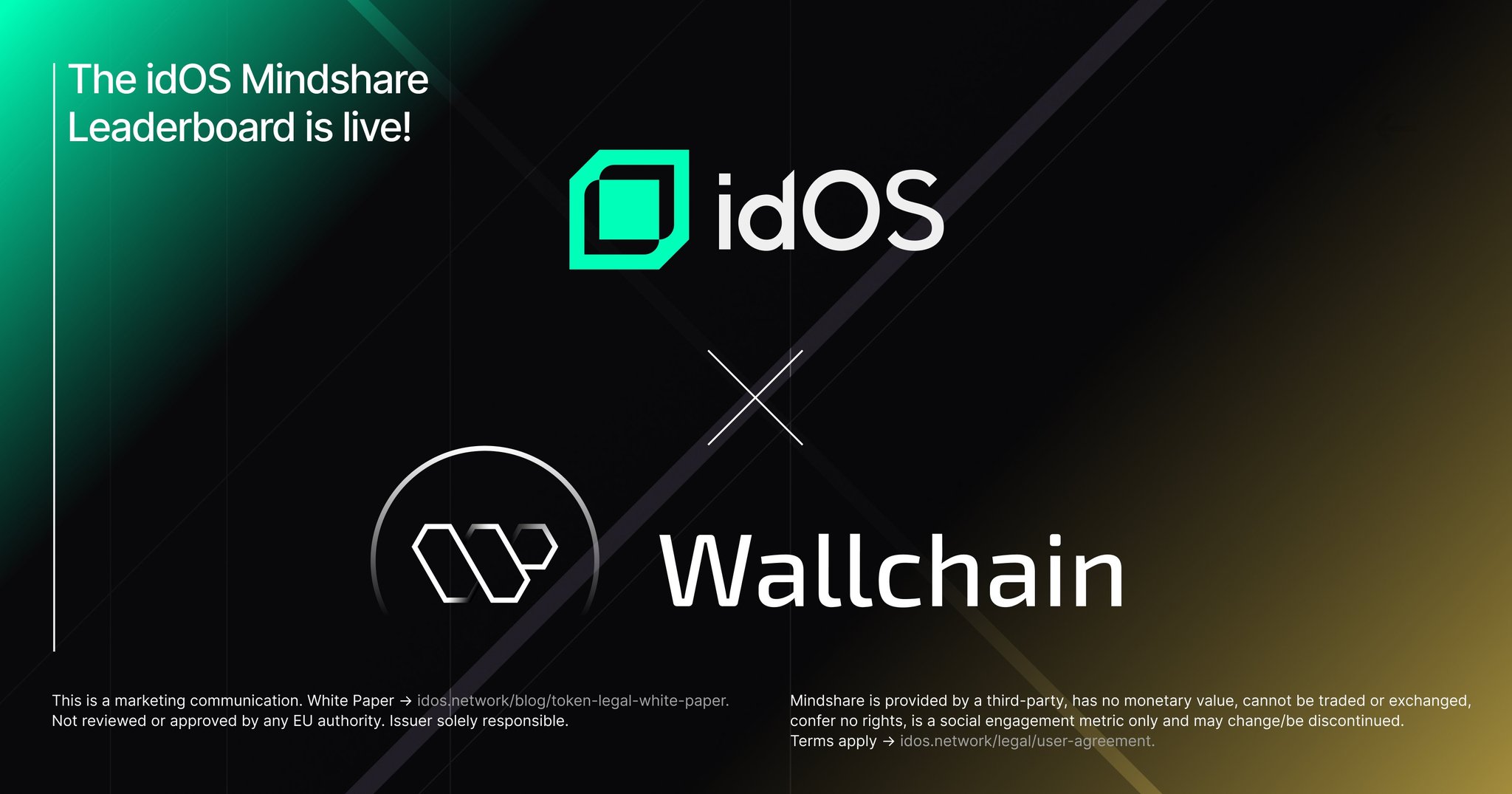
Enhanced Privacy and User Consent: Personal data is encrypted and only shared with explicit user permission, ensuring compliance with privacy regulations like GDPR.
-
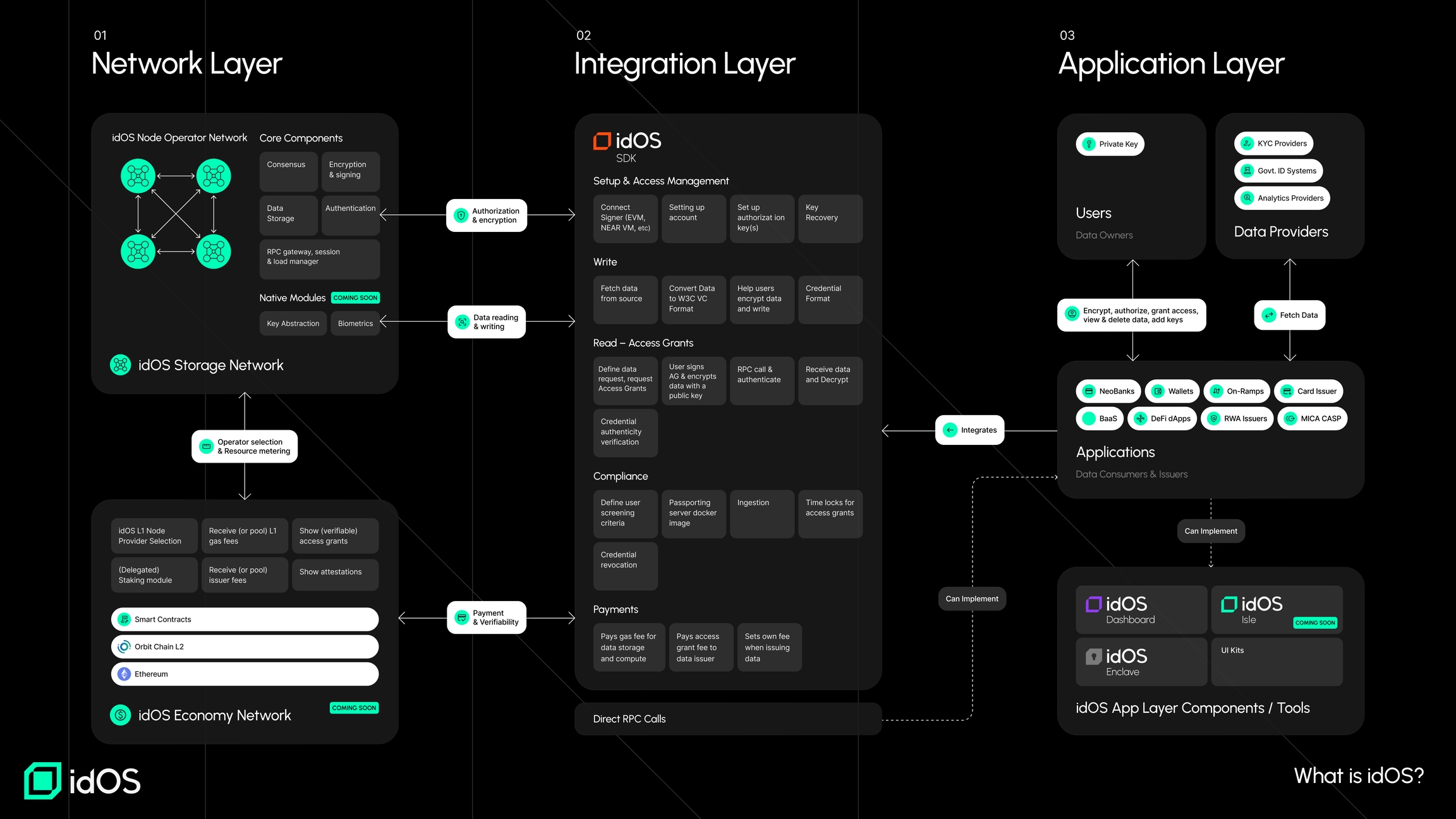
Streamlined Developer Integration: Developers can easily integrate idOS to enable compliant user onboarding and identity management, reducing friction and regulatory burden.
-
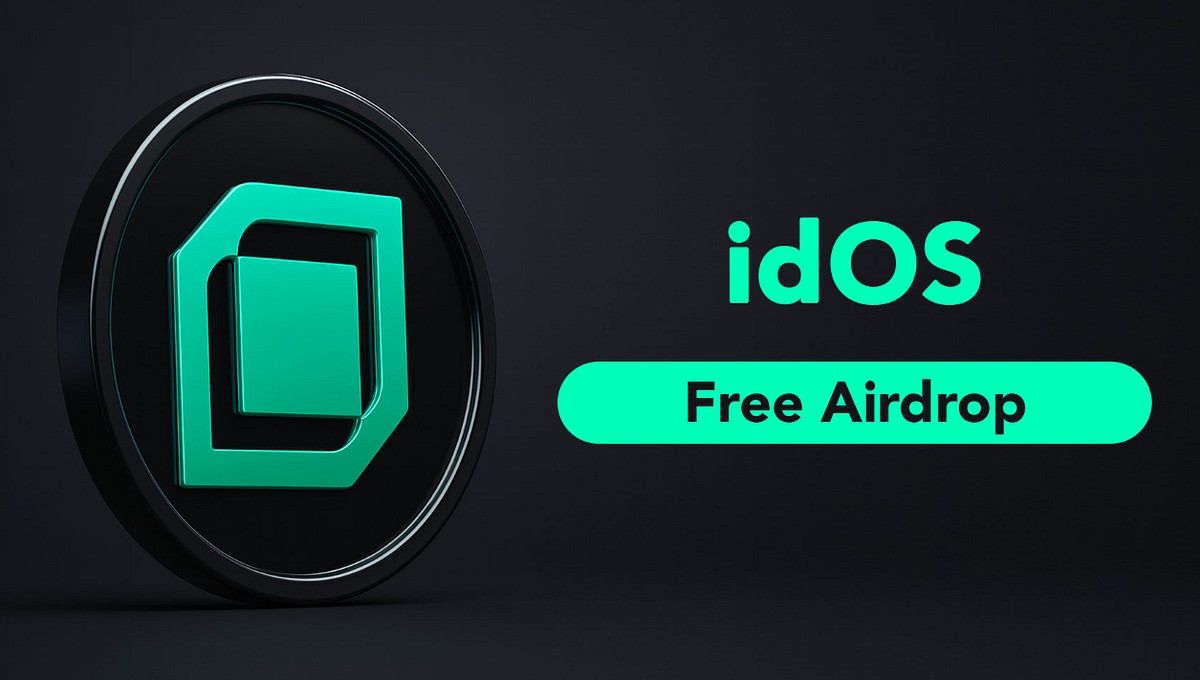
Biometric Authentication Support: Users can authenticate and recover access using decentralized biometrics, such as facial recognition, without relying on centralized authorities.
-
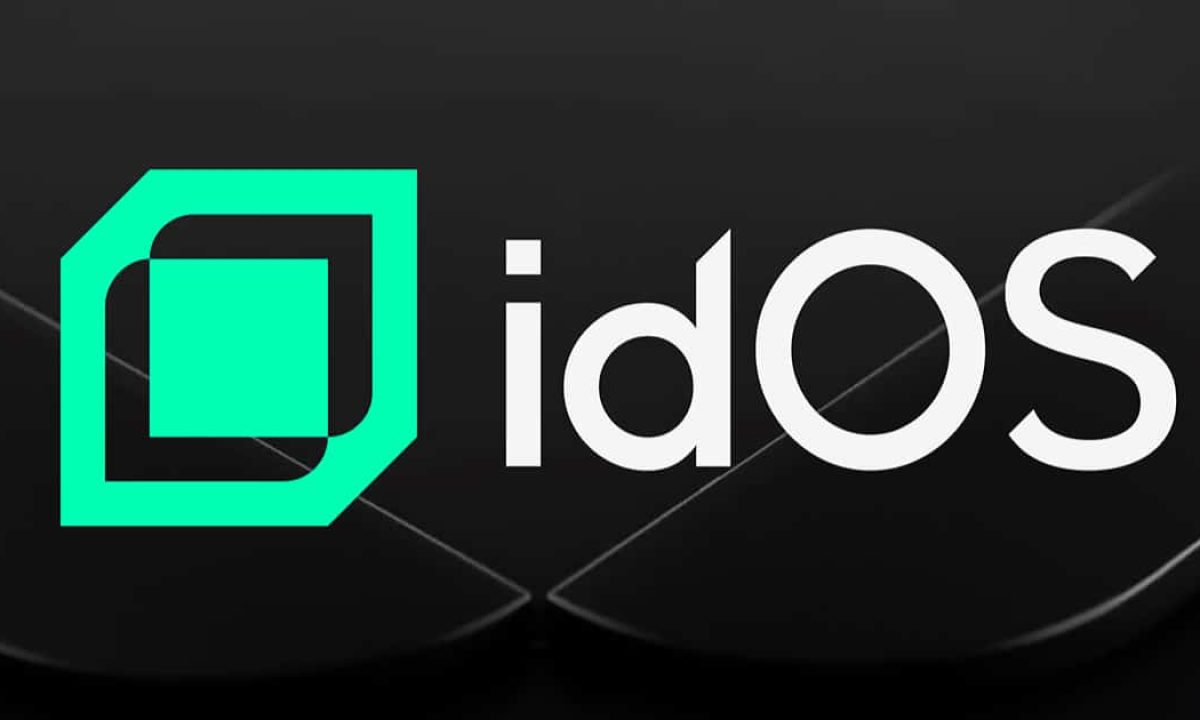
Chain-Agnostic and Interoperable: idOS works across multiple blockchains, allowing seamless identity verification and onboarding in diverse Web3 environments.
-
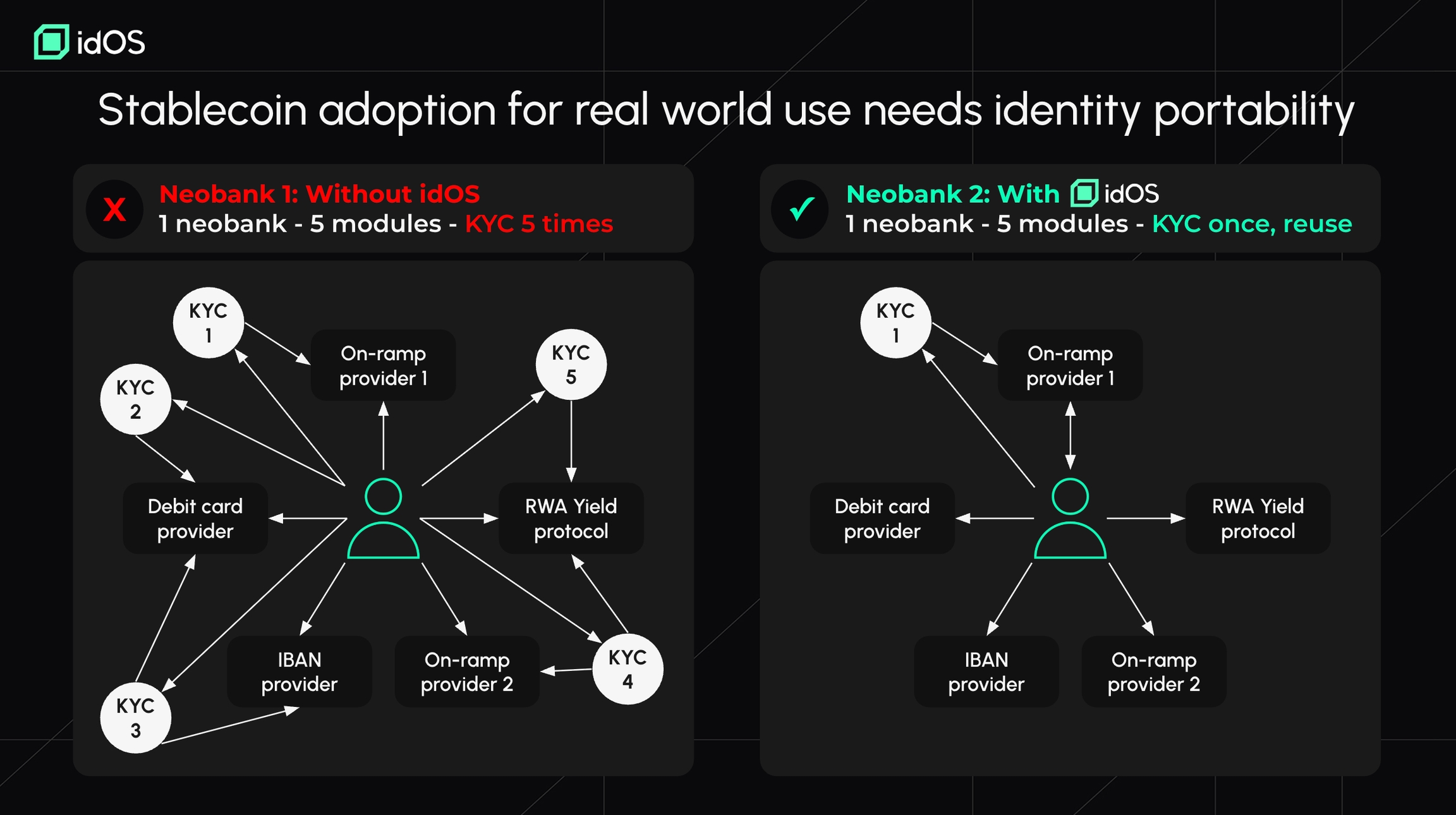
Robust Security and Audited Protocol: The protocol is regularly audited to ensure data security and compliance with KYC/AML requirements, safeguarding both users and platforms.
-
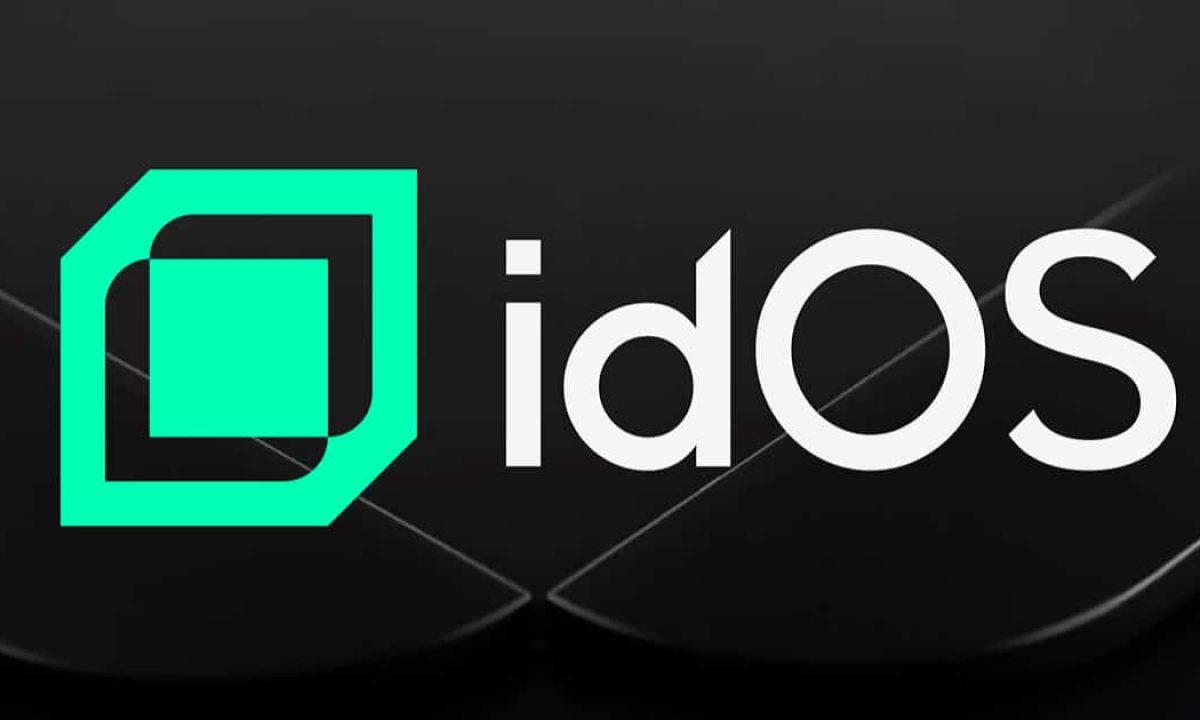
Strong Industry Support and Adoption: Backed by major partners including Arbitrum Foundation, Circle Ventures, Ripple, NEAR Foundation, and others, idOS is positioned as a trusted identity layer for Web3.
Compliance Without Compromise: Security Meets Privacy
The regulatory landscape for digital assets is rapidly evolving, with strict requirements around Anti-Money Laundering (AML), KYC processes, and data protection standards like GDPR. idOS has been purpose-built to address these needs without sacrificing user autonomy. Through selective disclosure features, individuals can share only the necessary portions of their credentials, no more than what’s required for compliance, ensuring minimal exposure of sensitive information at every step.
The platform’s commitment to security is underscored by rigorous protocol audits and robust encryption standards. Backed by leading industry players, including Fabric Ventures, Arbitrum Foundation, Circle Ventures, Ripple, NEAR Foundation, Gnosis, Aleph Zero Foundation, Radix, and Tezos Foundation, idOS has secured $4.5 million in funding as of July 2024 to accelerate the development of its chain-agnostic identity layer (see more on industry adoption here). This broad support signals growing consensus around self-sovereign identity as essential infrastructure for DeFi and beyond.
The implications of this shift are profound. By removing the need for repetitive KYC submissions, idOS not only enhances user experience but also reduces operational overhead for platforms that must comply with increasingly stringent regulatory frameworks. This is particularly significant in the context of cross-chain activity, where users often interact with multiple blockchains and dApps in a single session. A portable, chain-agnostic identity means seamless access and compliance without the friction that has historically slowed Web3 adoption.
For developers and organizations, integration with idOS provides a competitive edge. Platforms can onboard users faster, minimize compliance risk, and focus on core product innovation rather than complex identity management workflows. The modular nature of idOS credentials supports composability across diverse ecosystems, whether it’s stablecoin issuance, NFT marketplaces, or next-generation social platforms, making it a foundational layer for the future of decentralized finance and digital identity.
Real-World Use Cases: How idOS is Transforming Web3 Onboarding
A growing number of neobanks, digital wallets, and DeFi applications are already leveraging idOS to streamline their onboarding processes. For example, a user who completes KYC with a compliant wallet provider can immediately access lending protocols or decentralized exchanges without submitting documents again. This eliminates one of the major pain points for both users and service providers: redundant verification cycles that lead to drop-offs and lost business opportunities.
Real-World Scenarios Where idOS Reusable KYC Unlocks Value
-
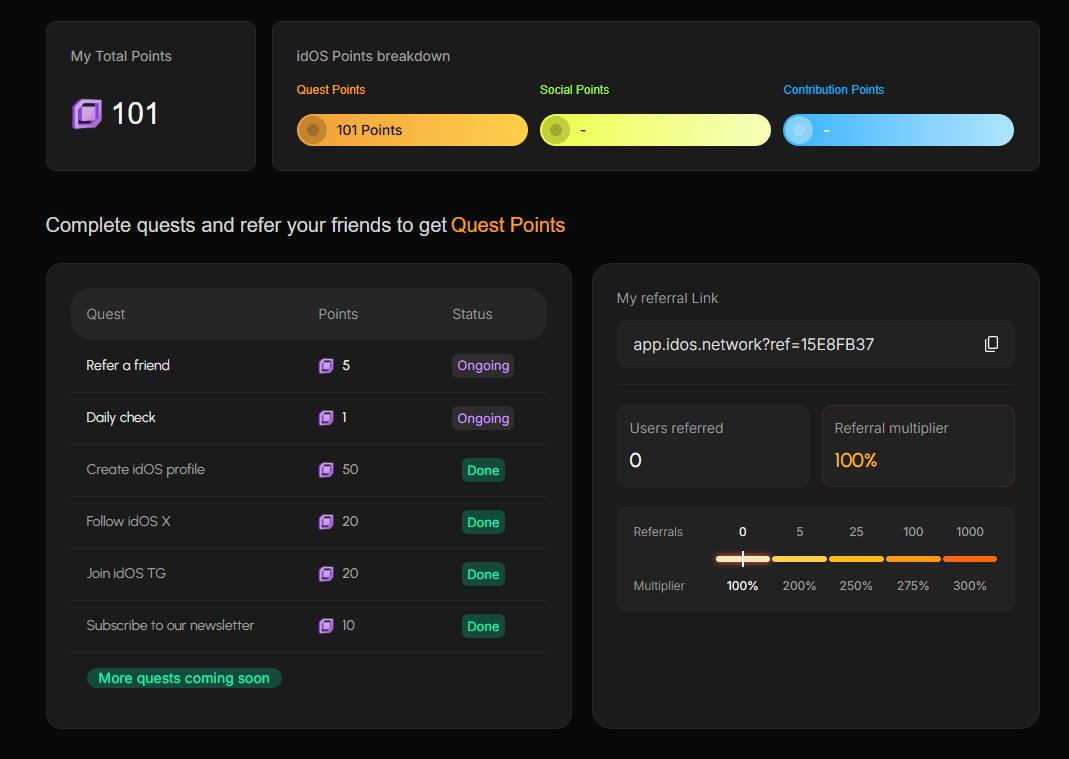
Faster Onboarding for DeFi Platforms: Users can complete KYC once with idOS and instantly access multiple decentralized finance (DeFi) platforms such as NEAR dApps and Gnosis without repeating identity checks, significantly reducing onboarding friction.
-
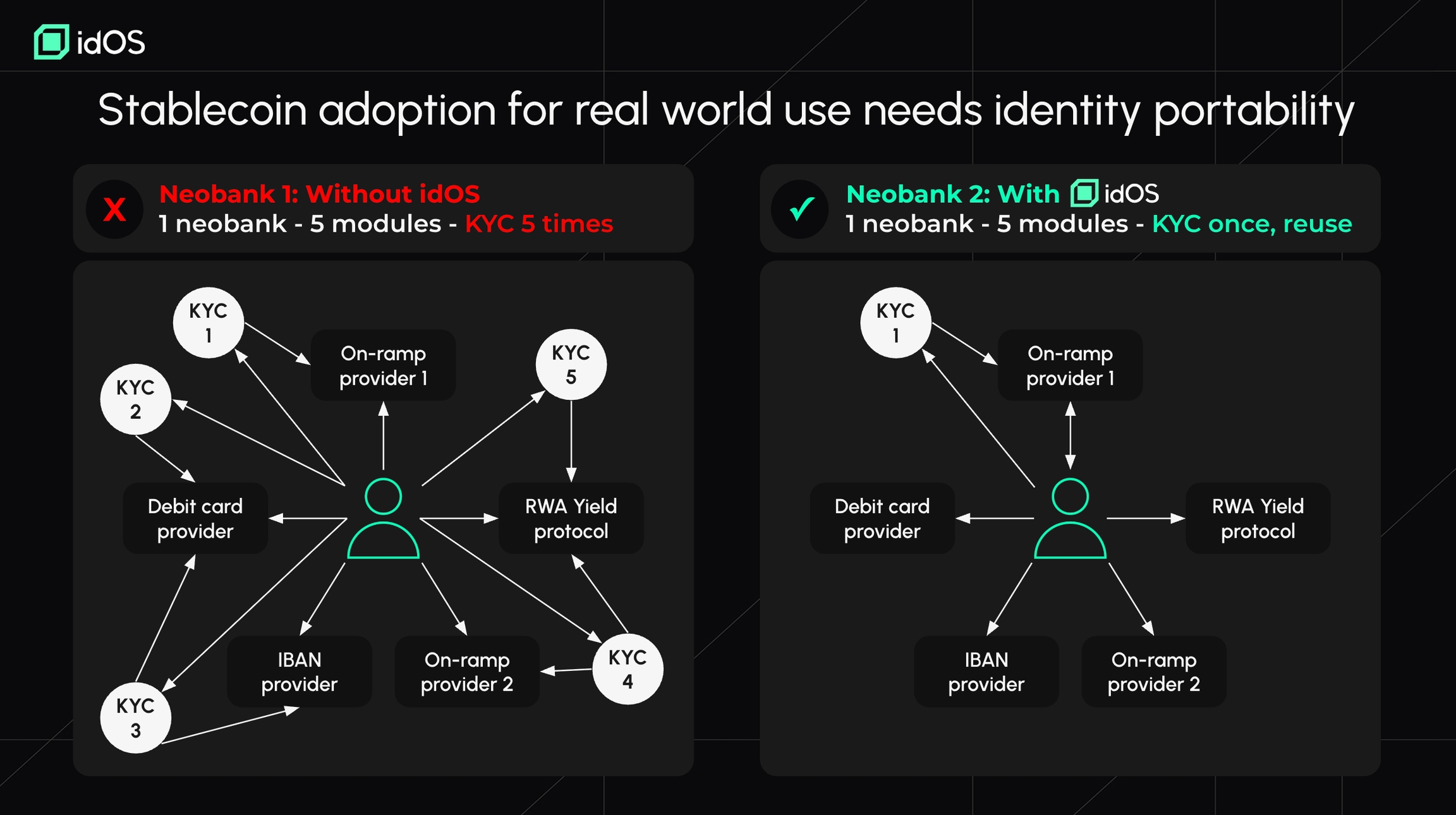
Simplified Integration for Wallet Developers: Digital wallet providers such as MetaMask and Aleph Zero can integrate idOS to offer seamless, privacy-preserving identity verification, enabling users to manage and share credentials across Web3 applications.
-
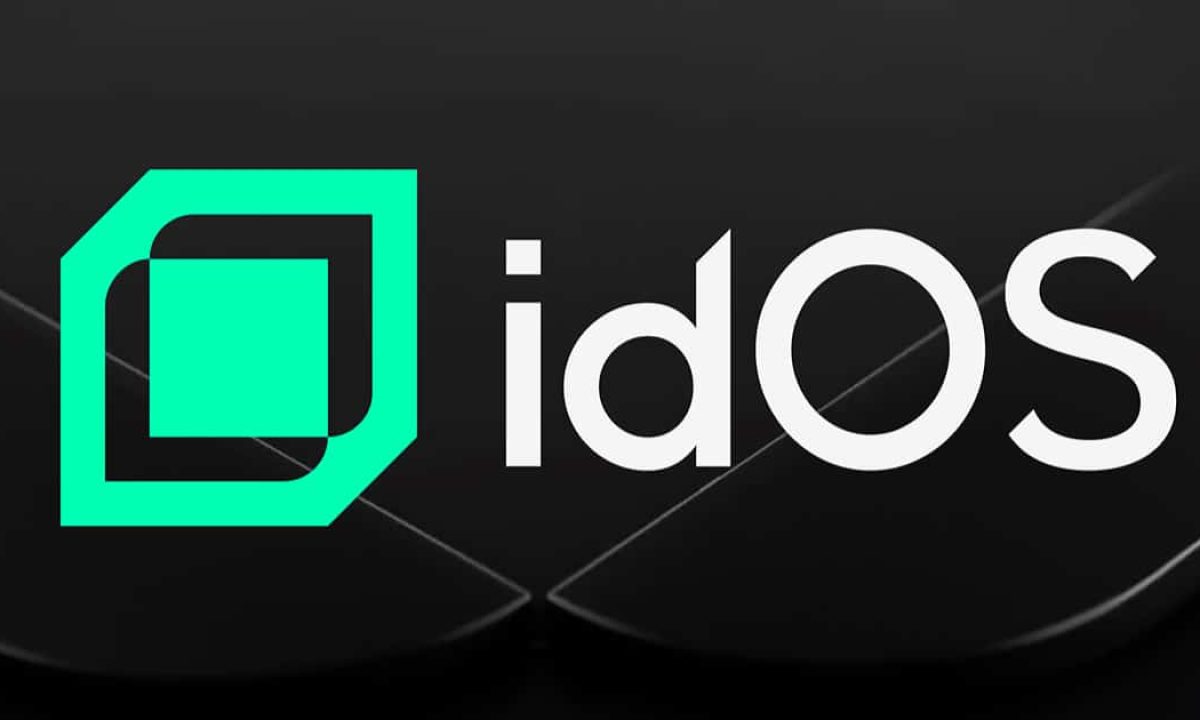
Cross-Platform Access for Stablecoin Users: With idOS, users of stablecoin platforms like USDC by Circle can reuse their KYC credentials to transact and interact with various DeFi and payment services, enhancing interoperability and user convenience.
-
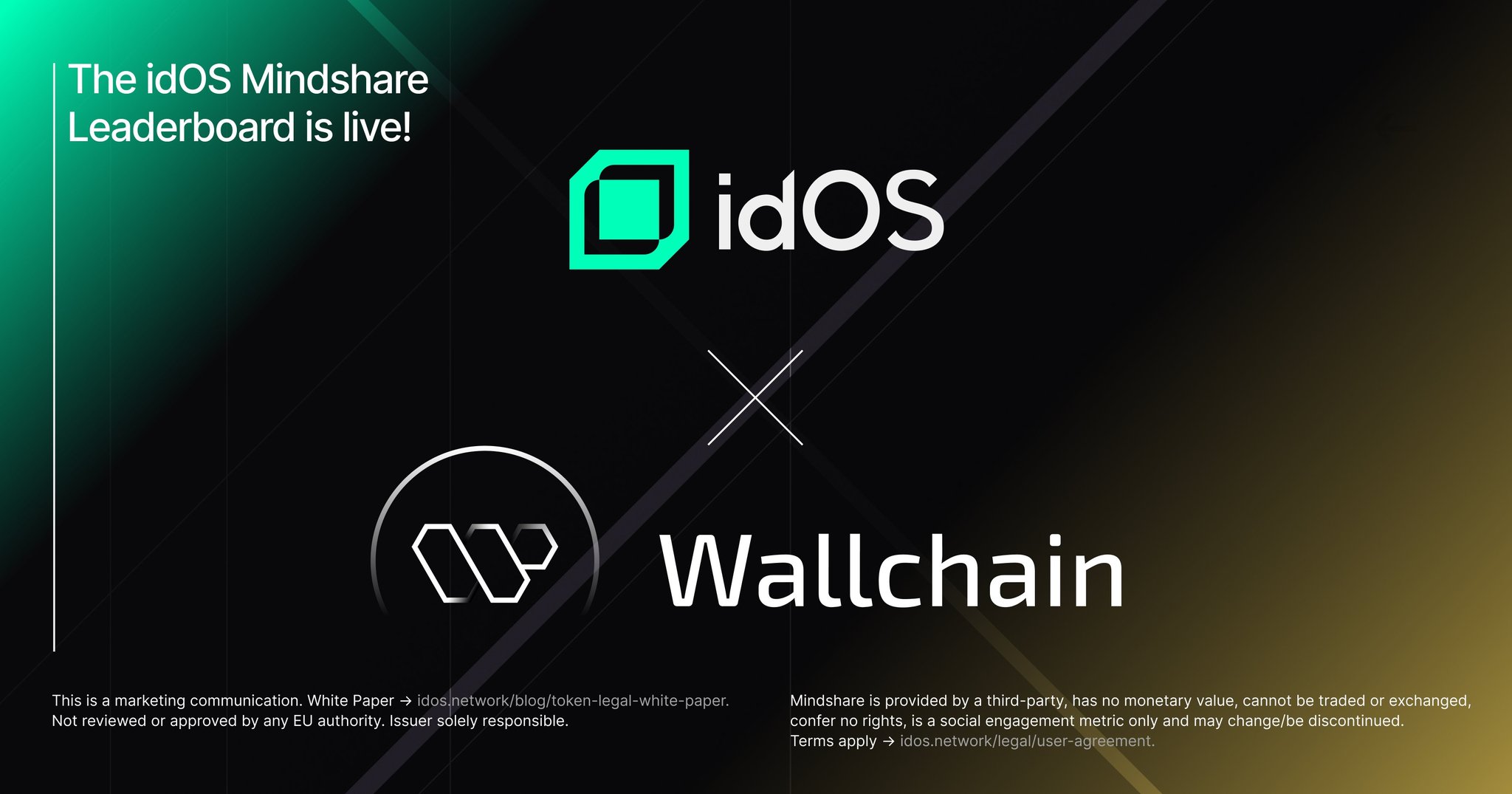
Enhanced Privacy and Control for NFT Marketplaces: NFT platforms such as OpenSea can adopt idOS to allow creators and collectors to verify their identities once, securely manage their data, and maintain privacy while meeting compliance requirements.
Additionally, by supporting advanced authentication methods such as decentralized biometrics and self-custodial recovery options, idOS addresses critical issues around account security and accessibility. Users no longer need to trust centralized custodians with their most sensitive information; instead, they retain full control while benefiting from robust protection against fraud and unauthorized access.
Looking Ahead: The Roadmap for Self-Sovereign Identity in Web3
The momentum behind self-sovereign identity in Web3 continues to build as regulatory clarity improves and mainstream adoption accelerates. With its chain-agnostic architecture and privacy-first approach, idOS is positioned at the forefront of this evolution, enabling not just reusable KYC but also true interoperability between digital services across blockchains.
As more platforms recognize the necessity of portable identities, especially those operating in regulated sectors like DeFi or stablecoins, the demand for solutions like idOS will only intensify. Its open standards foster collaboration rather than fragmentation across the ecosystem, ensuring that users can move freely while maintaining sovereignty over their data at every touchpoint.
For those seeking to dive deeper into how decentralized identity wallets are transforming onchain KYC and banking experiences, further resources are available at this guide. As we look toward a future defined by user empowerment and regulatory rigor in equal measure, infrastructure like idOS will be indispensable, not just as an onboarding tool but as the backbone of Web3’s privacy-preserving digital society.



